Campaign Day One: A Nation on the Move
Today marks the official start of the campaign for the October 12 local elections, with 308 municipalities up for grabs and candidates hitting the streets and the Parliament. The political agenda is split between grassroots engagement and legislative duties.
Viana do Castelo: PS Candidate Promises Transport Expansion
Luís Nobre, the PS candidate seeking re-election for a second term as Mayor of Viana do Castelo, announced plans to extend public transport services to over 70,000 residents. He emphasized, "The commitment I've made includes creating a second ring of public transport. This will depend on hiring more Single Transport Agents (AUT). We currently serve 50,000 Vianenses, and with the second ring, we'll exceed 70,000."
Nobre, a 54-year-old architect and urban planner with 20 years of experience in the city council, spent the first campaign day focusing on mobility, riding the new electric buses that started operating a week ago to gauge public feedback. He detailed that the second ring will cover parishes just beyond the urban service perimeter, including areas from Afife to São Romão do Neiva, and both banks of the Lima River.
He stated, "This project is more than a promise; it's a certainty as it's outlined in the regulation approved by the municipality." Nobre committed to not ending his next term without an effective public transport solution for all citizens, regardless of where they live, stressing that social and territorial cohesion depends on transport services.
Of the 17 electric buses purchased with funding from the Recovery and Resilience Plan (PRR), 11 are already in operation. The TuViana service now runs 11 lines with 27 AUT, set to expand to 14 lines after parish disaggregation, plus a 15th line for the São Romão do Neiva industrial zone. The service has expanded from 142 km to 293 km, with school routes growing from 98 km to 129 km, totaling 422 km. The system is free for two months until ticketing is implemented, with a planned pass cost of 25 euros.
Vila Real: Chega Focuses on Population Growth
Alberto Moura, the Chega candidate for Vila Real, highlighted population growth as the main axis of his campaign, aiming to increase the population from 50,000 to 75,000. He prioritized affordable housing and quality employment, proposing that new developments allocate 30% of construction to cost-controlled housing for 15-25 years. Moura said, "Right now, you don't need to be poor or low-income to not afford housing in Vila Real."
His campaign kicked off at the municipal market, distributing leaflets and promotional items. He emphasized boosting tourism, commerce, and industry, including a 100-hectare industrial zone linked to a logistics platform, and transforming Vila Real into a "vibrant city."
Aveiro: BE Aims to Double Public Housing
João Moniz, the Bloco de Esquerda (BE) candidate for Aveiro, pledged to double the public housing stock from 870 homes to over 1,700 in 10 years. He criticized delays in projects like the former Luzostela factory and proposed using the old São Bernardo Mental Health Center lands for cost-controlled housing. Moniz suggested acquiring or expropriating land between Avenida Francisco Sá Carneiro and Estrada Nacional 109 for public housing, noting, "We're talking about an area of about 20 hectares... where we can create a detailed plan for housing and intermodal mobility."
He also advocated for the GNR barracks in the city center to be transferred to the municipality for public housing. Moniz expressed confidence in a positive election result, targeting a councilor seat and stronger representation.
Vila Real: CDU Proposes "Plano Aldeia"
Carlos Quinteiro, the CDU (PCP/PEV) candidate in Vila Real, defended the implementation of the "Plano Aldeia" to revitalize villages. This includes rehabilitating vacant homes for controlled rents, improving rural and forest paths, and completing the basic sanitation network. Quinteiro highlighted the need to support local agriculture and products, with weekly rotating fairs in parishes. He criticized "exorbitant" housing prices and vowed to fight for controlled rents and social housing.
Coimbra: Coalition Promises Sofia Street Revival
José Manuel Silva, the Juntos Somos Coimbra coalition candidate and current mayor, promised to revitalize Rua da Sofia, a UNESCO World Heritage site, once the Metrobus is fully operational. He outlined a deep requalification project, including wider sidewalks and rehabilitation of historic colleges like Colégio Espírito Santo and Colégio do Carmo. Silva expects the Metrobus to be fully running by late 2026 or early 2027, coinciding with the Manifesta 17 biennial in 2028. He also mentioned plans for a new Palace of Justice and student residences nearby.
Castelo Branco: PSD/CDS-PP Appeals for Change
José Augusto Alves, the PSD/CDS-PP coalition candidate supported by the Sempre movement, called for votes to end "four years of disappointment" under the current mayor. Campaigning in the Cruz do Montalvão neighborhood, he emphasized the need for traffic regulation and a comprehensive program covering social issues, health, education, housing, and economy. He aims to restore Castelo Branco's regional leadership and focus on all residents, both urban and rural.
Lisbon: CDU Criticizes Education Delays
João Ferreira, the CDU candidate for Lisbon, condemned the "blame game" between the city council and the government over school requalification. Visiting Escola Delfim Santos, where parents report risky conditions, he argued that the council should invest in deep renovations, noting that funds from IRS refunds could have been used. Ferreira said, "The cost of requalification is a few million euros that the council shouldn't give up demanding from the government," but urged immediate action to prevent further deterioration.

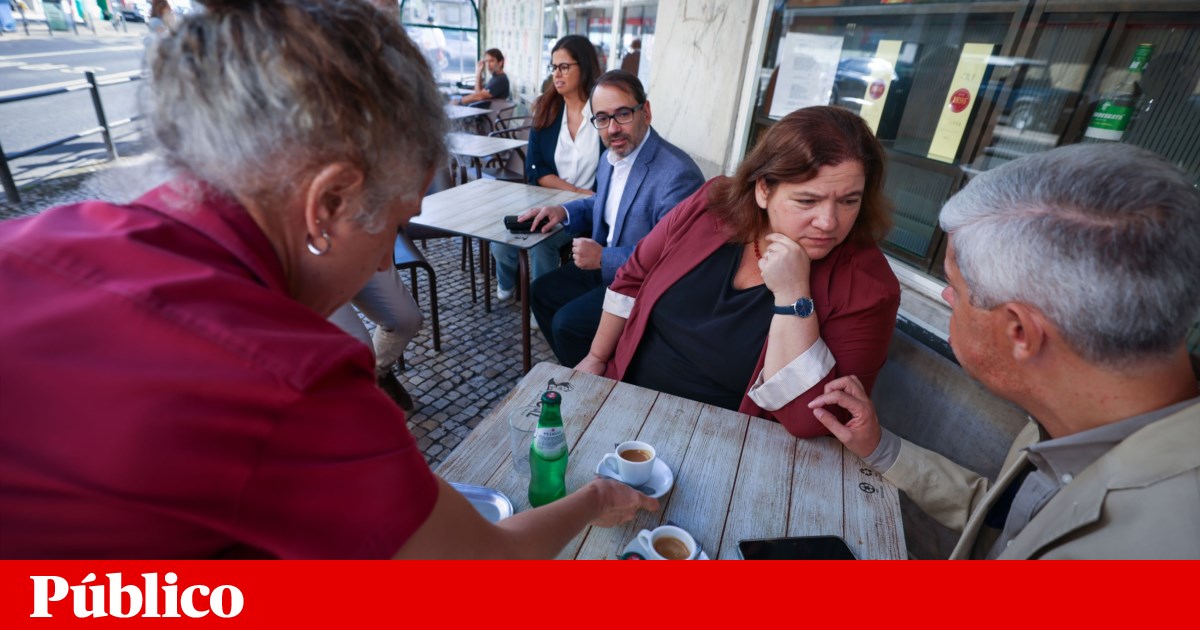

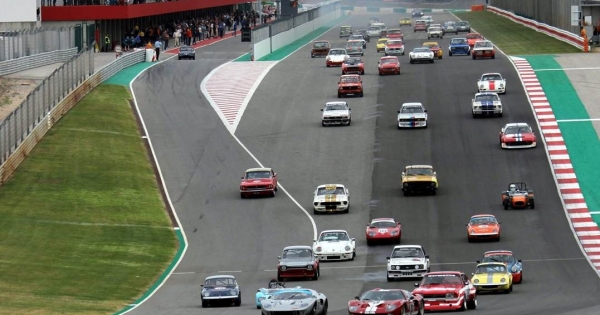



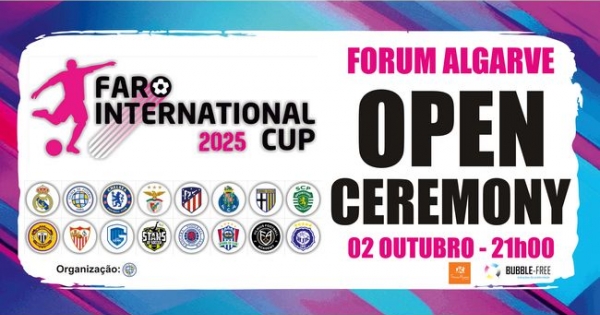

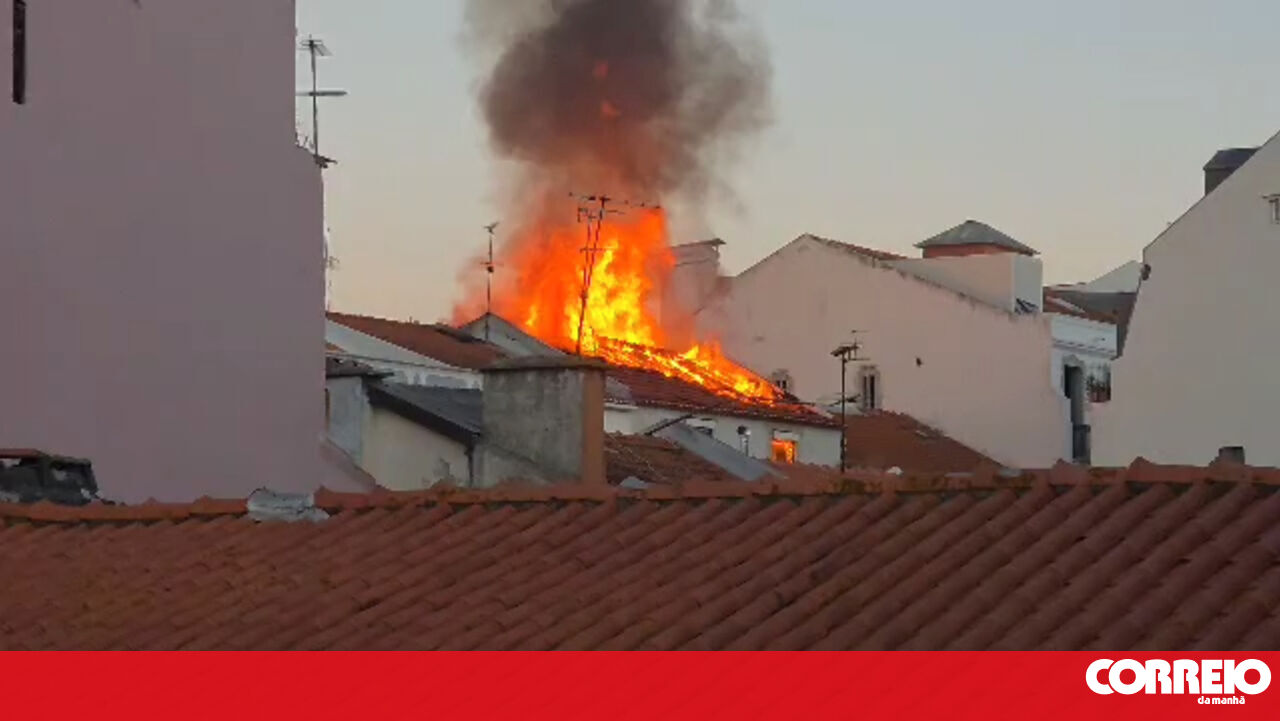




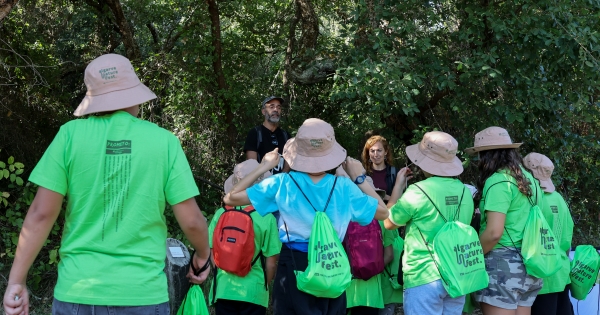
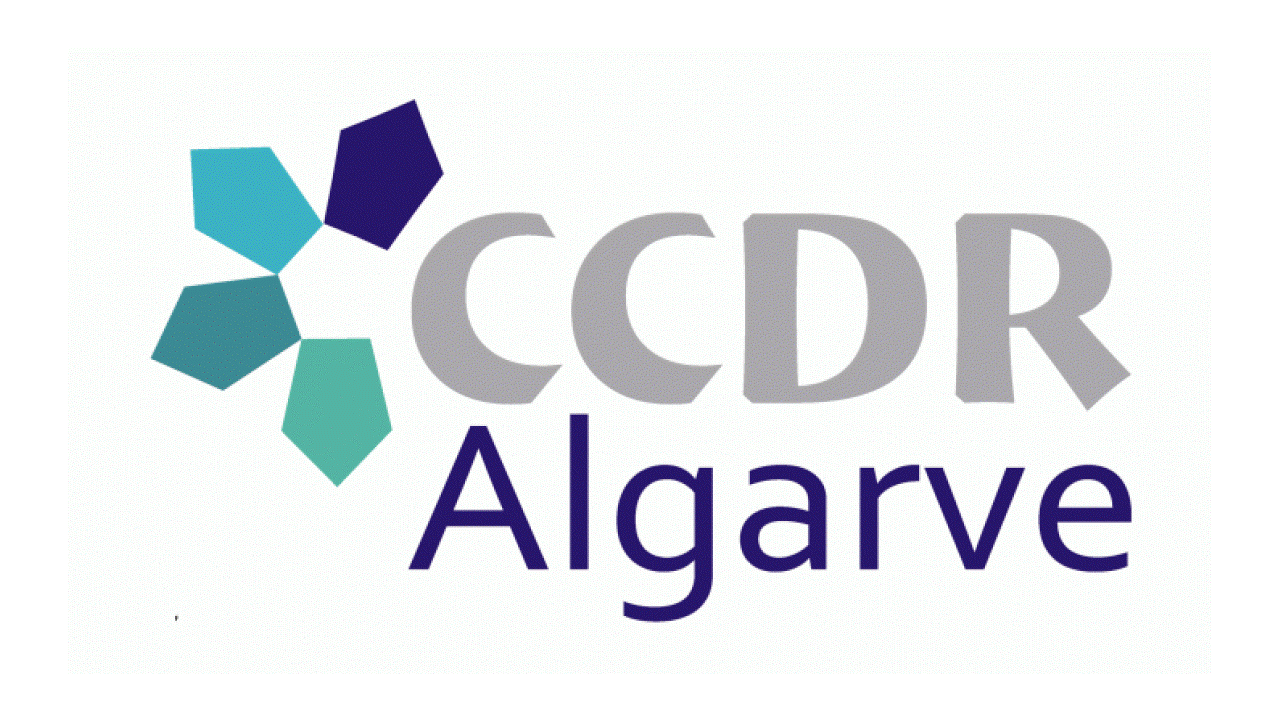



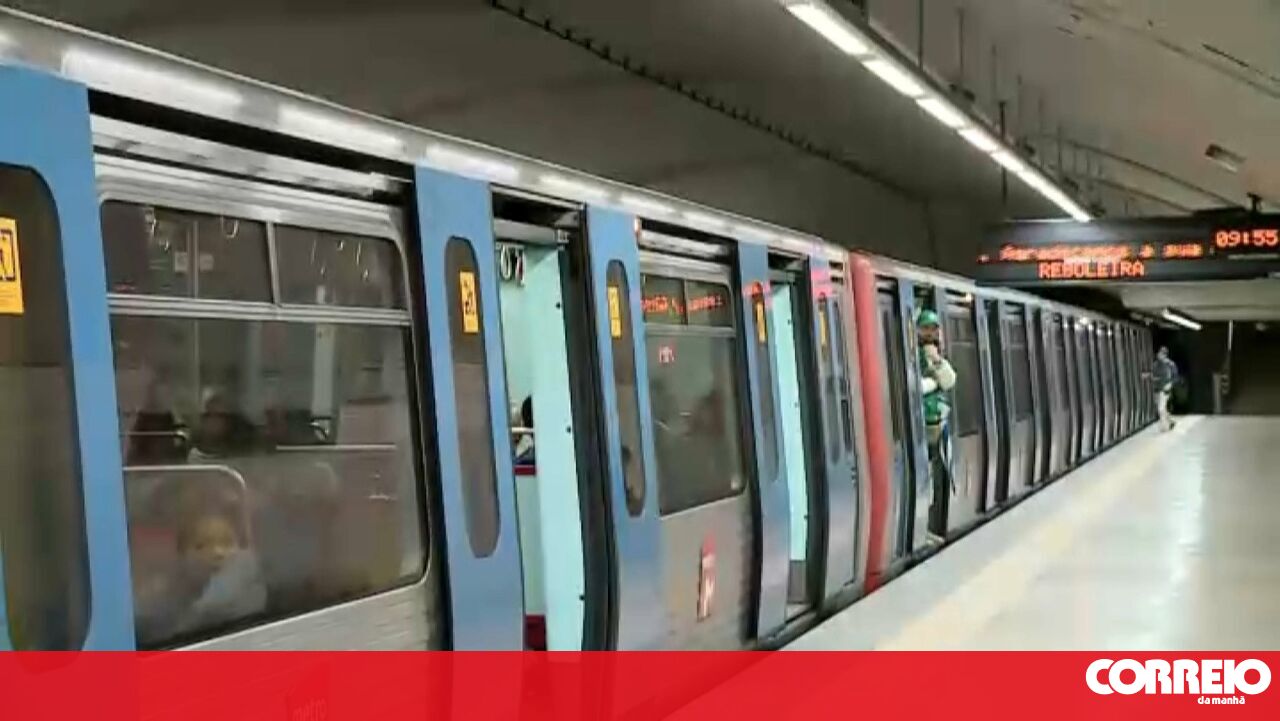
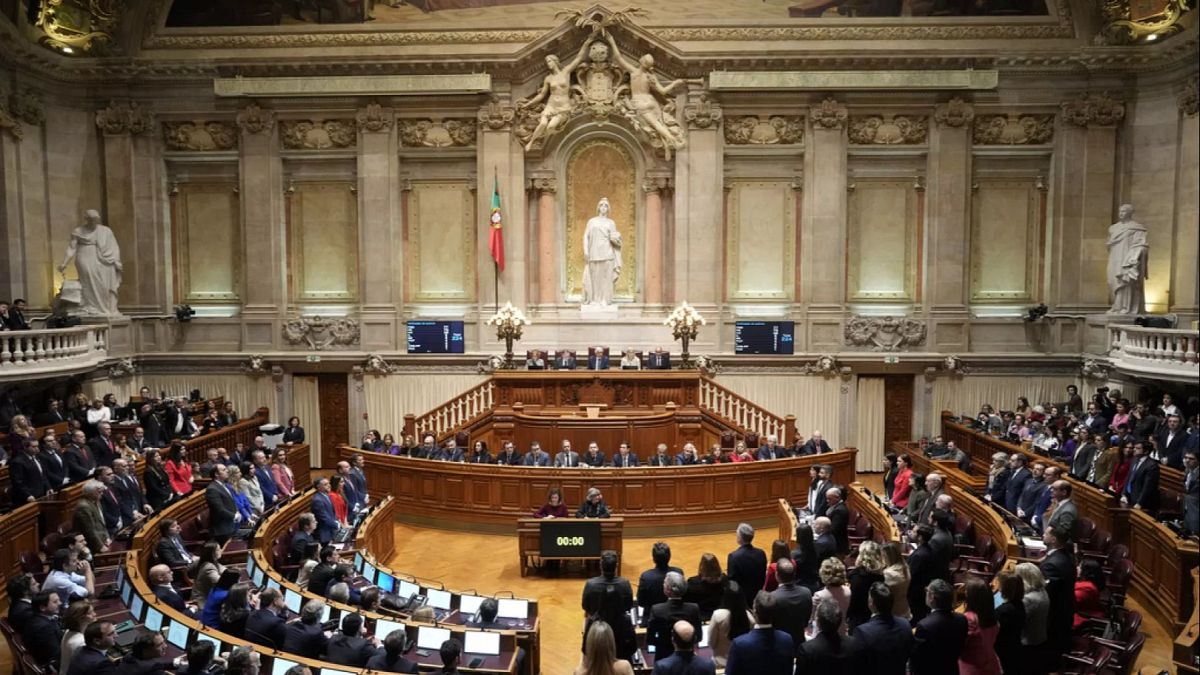
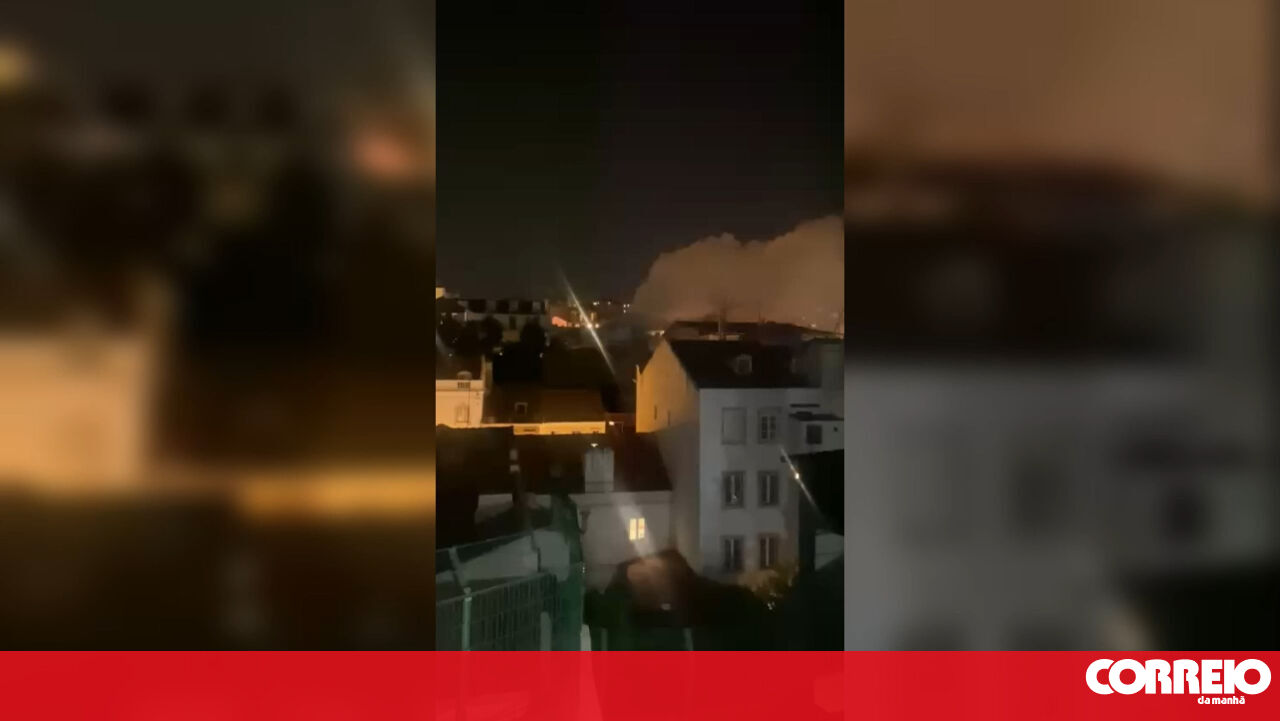

Comments
Join Our Community
Sign up to share your thoughts, engage with others, and become part of our growing community.
No comments yet
Be the first to share your thoughts and start the conversation!